RAMADAN TRADITIONS
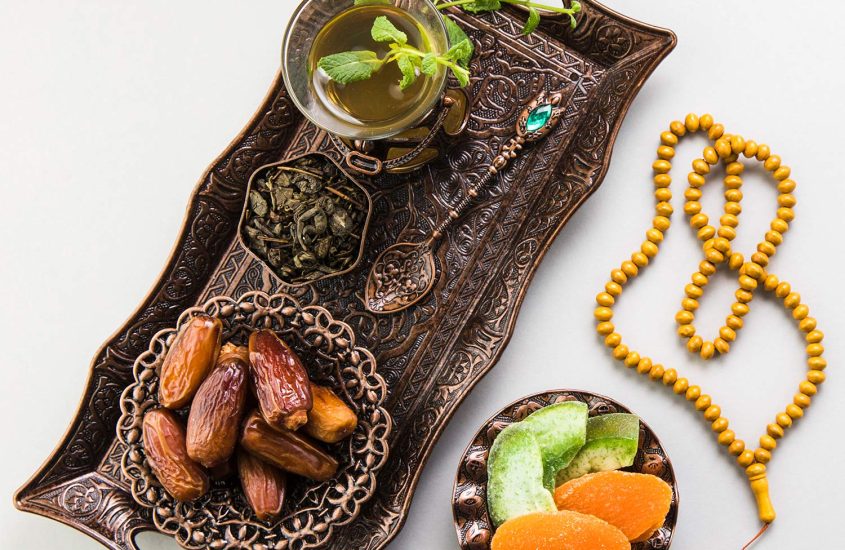
The Holy Month is a time of prayer and fasting. While that’s the main focus, each individual or family observes it differently. In this feature, we speak to Bahrainis and expats from different backgrounds, who talk about their unique practices and traditions.
ISA YUSUF ALGHAWI
Athlete
(President of the Rowing Committee, Bahrain Maritime Sports Association)
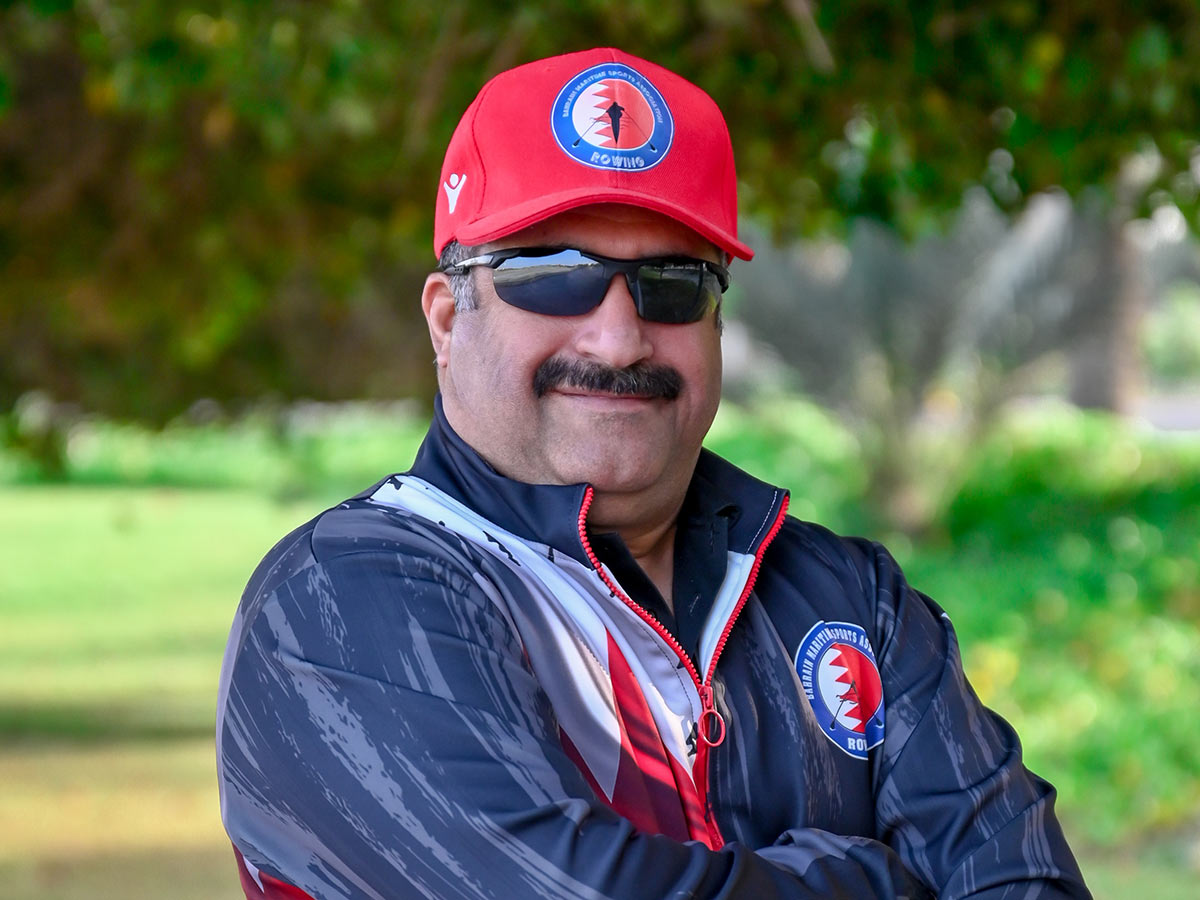
During Ramadan, we split our training into two sessions: the first before sunset or iftar when we train in the sea. We may also accompany this with indoor training. The second after the Taraweeh prayer, during which we train for an hour to an hour and a half indoors using the rowing machines. We make it a point to train at least two to three times a week depending on our schedule. We maintain enough energy for the day by eating a Suhour meal high in carbohydrates, magnesium and sugar. However, during Iftar, we stick to moderate portions with a good amount of protein and fibre, ending with desserts for energy.
Drinking a lot of water during the non-fasting hours is essential to stay hydrated because during fasting hours, energy and stamina are limited due to the lack of food and water. This makes a hearty, healthy Suhour meal and hydration throughout the non-fasting hours essential. To sum up, some important tips to follow are: drink plenty of water during the non-fasting hours, know your limits while exercising to avoid fatigue and health related issues and, lastly, eat moderate quantities during the non-fasting hours to avoid gaining extra weight or losing muscle.
Sports aside, a favourite Ramadan tradition for me is visiting our relatives; even far off relatives visit.
HISHAM
Teacher
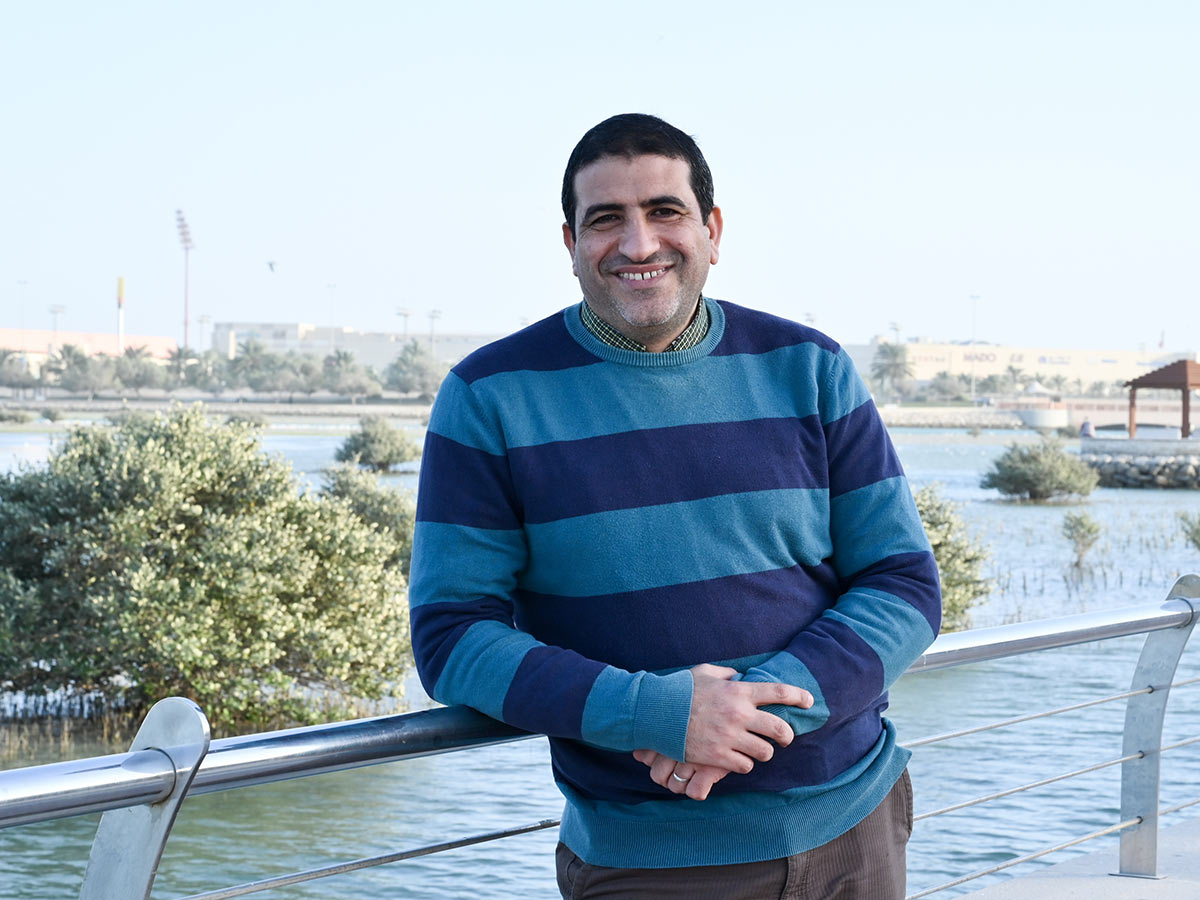
As we all know, Ramadan is the Holy Month in Islam and fasting during Ramadan is the third pillar of Islam. For a true Muslim, Ramadan is an incredible opportunity to show your submission to the orders of your Creator. Yes, it is difficult to work as well as fast. However, my inner power increases in Ramadan, which reflects in my work. In addition, I adapt myself to teaching in Ramadan. I have been teaching English for 20 years in different countries including Egypt, Saudi Arabia and Bahrain. I talk less. I do activities that require less talking and more thinking and writing. As for grading papers and preparing for the next lecture, I prefer to do these after breakfast. Yes, I teach students who fast. I adopt the technique of involving them in activities so they won’t be distracted or bored. Keeping calm is natural during Ramadan as my spiritual power is at its peak. Also, I remind myself and my students of the importance of being calm so that their fast can be acceptable. I plan my activities in a way that allows me to teach effectively and advise my colleagues to do the same. Prepare your lesson to make it interesting for your students. I recite the Holy Quran during this month. I walk every day in Ramadan before breakfast.
CHRISTINA BARRON
Bridal Make-up Artist

I’ve been living in Bahrain since 2019. I started observing Ramadan in 2021 but I really didn’t think I could do it at the start because of the heat; my main issue was the lack of water but with every day it got a little easier. I overcame the difficulty by remembering my reasons for observing Ramadan. The reason I observe Ramadan as a Christian is because my husband Hussain, who is Bahraini and Muslim, observes it and I noticed how it benefited him both mentally and physically. For me, Ramadan is a beautiful month for self-reflection and grounding. Knowing that I can spend time with my extended family in the evenings for Iftar makes getting through the long days a little easier. Hussain’s mum Fatima always makes the best Iftar [food] and takes into consideration our diets. Ramadan enriches my life mentally and physically. After the first week or so, once my body has adjusted, I feel energetic and my mind is clear. I stay busy and stick to my usual schedule, otherwise I find the hours can really drag. What I love the most about Ramadan in Bahrain is how much it brings families together. Nothing is more important than family and no matter what is going on in each individual’s life, we all come together to sit down and eat with one another.
FATIMA MOHAMMED
Nurse

I start my day eating a light meal or snack like an apple or banana with fluids to remain hydrated and energised with nutrients before the sunrise as Prophet Mohammed (peace be upon him) encourages us. Then, I perform Al Fajr prayer and read the Holy Quran and Duaa [usually read out of a book, asking God to grant any wishes we may have]. Ramadan is not only about withholding food and fluids but also overlooking mistakes and slips, self-restraint and being powerful and patient; nurses deal with people at their weakest. Also, I ensure getting enough sleep, avoiding heavy, greasy meals and having plenty of fluids. I start fasting a few weeks earlier as a training for my body and soul. I also reduce my coffee and tea intake gradually. Some other practices I follow are praying more and performing acts that will bring me closer to God: visiting family, attending Islamic lectures, reading the Holy Quran and giving alms to the poor and needy. [Nursing can be emotionally labour-intensive. As a strategy to maintain calm] I exercise regularly and use deep breathing as a relaxation technique. As I work in shifts, I usually break my fast at work. These days are difficult as I miss our family rituals and experiencing Ramadan traditions such as Gergaoun with my young daughter and Al-Qadr nights with special activities and prayers. However, I compensate by having my food with my colleagues and remind myself that nursing is a humanitarian job and the patients need me, knowing God will reward me.
FAHEEDA FAHDAD
Corporate Events Manager
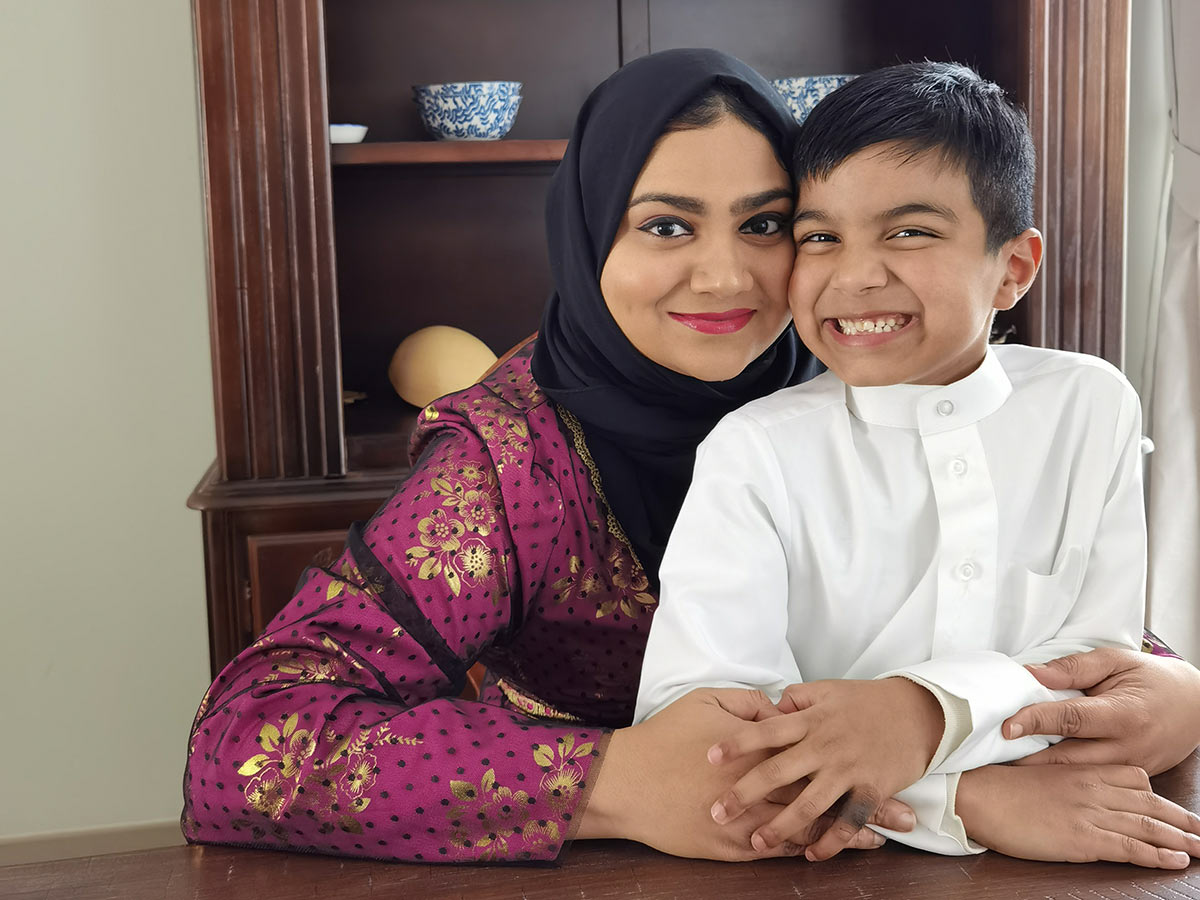
At least a month before Ramadan, I start to mentally prepare my son Fayz and keep the excitement going by decorating the house and sharing Ramadan stories. We create a chart and we set goals every year. This year is going to be extra special as Fayz will be observing his first fast, inshaAllah. We will definitely be facing the inevitable process of waking him up for Suhour. During the Holy Month, we abstain as much as we can from entertainment. We make it a point to go to Taraweeh together as a family. It is a must to call our friends and family for Futoor; [there is] nothing as joyful as breaking your fast with family and friends and praying together at home. As Ramadan is a time for self-reflection, we make it a habit to have story time every day. After Taraweeh, we sit together and read a story of our prophets and discuss the wisdom each story conveys. I also encourage my son to read a story to us and share what he learned from it. This year, we plan to make a Ramadan corner at home to have story time, prayers and other activities, inshaAllah.


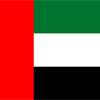



















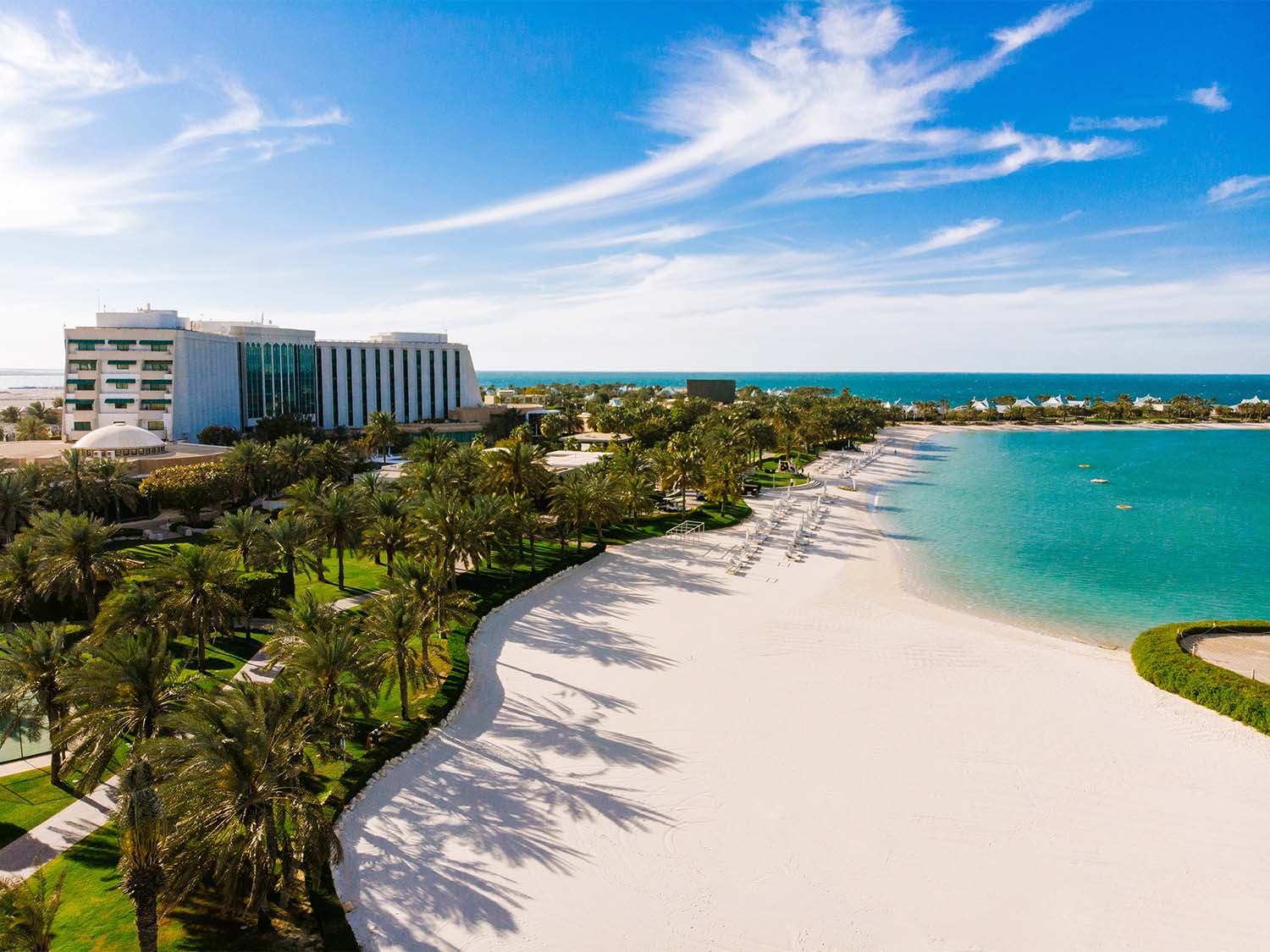
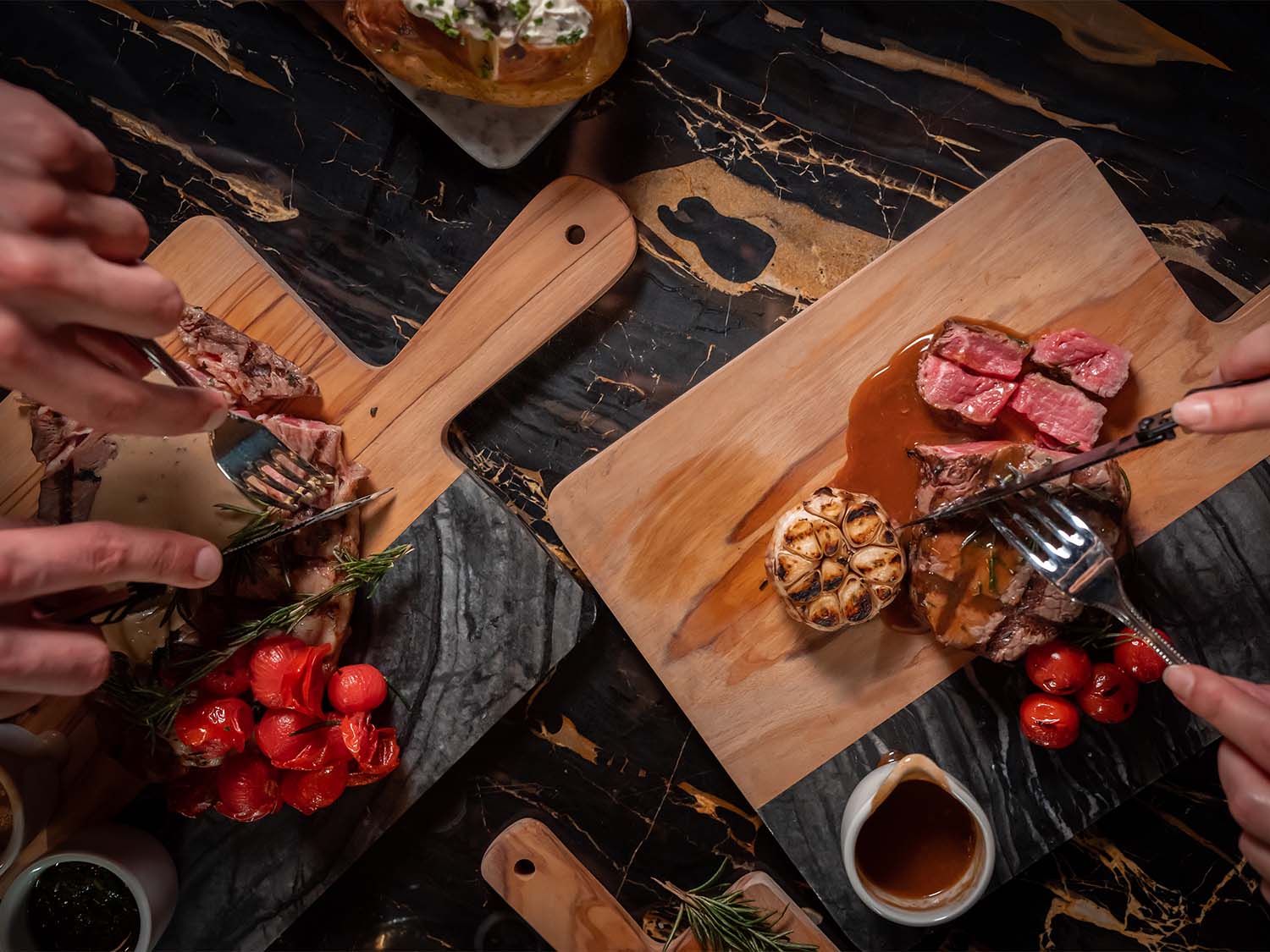
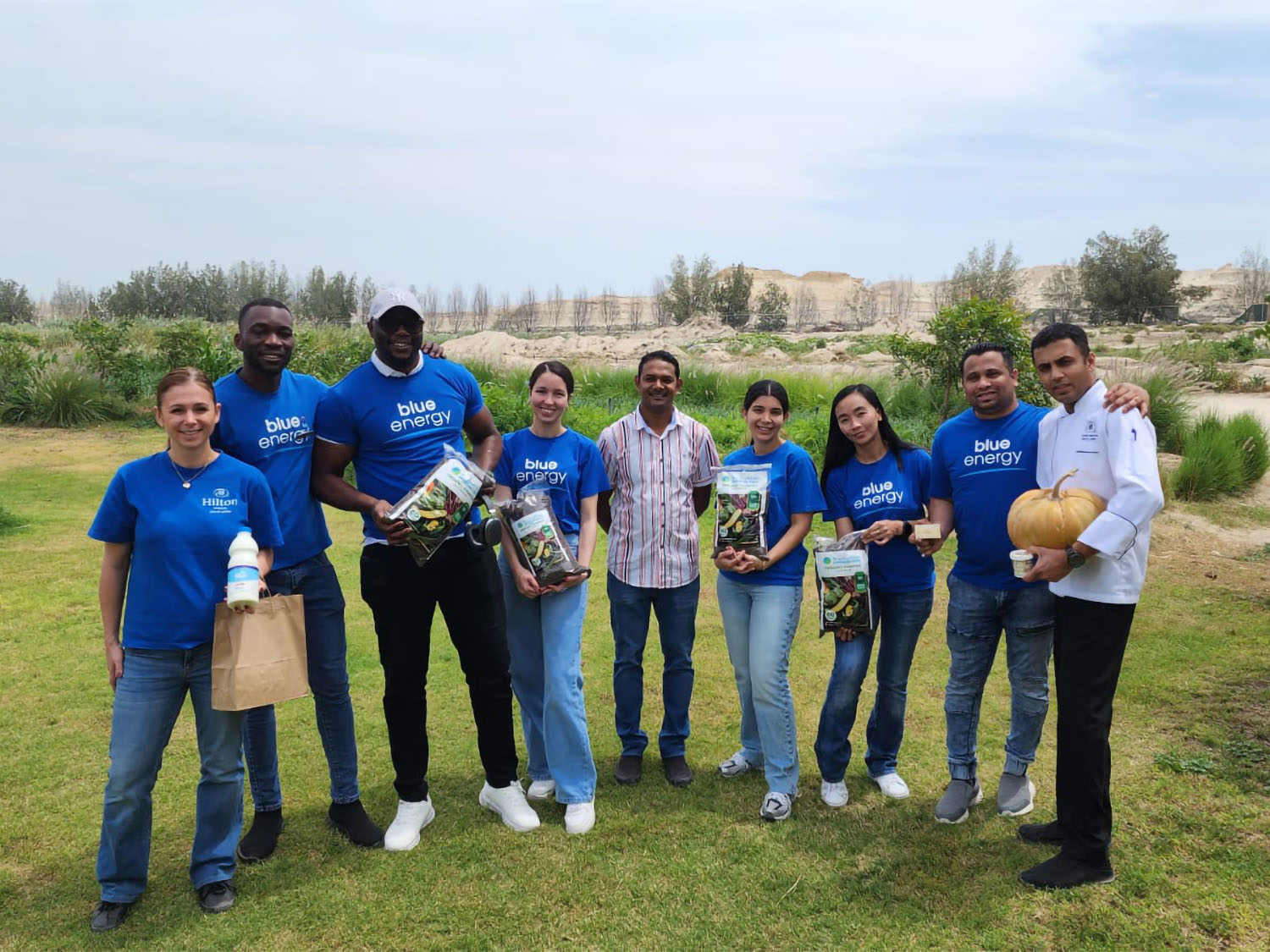





Comments are closed.